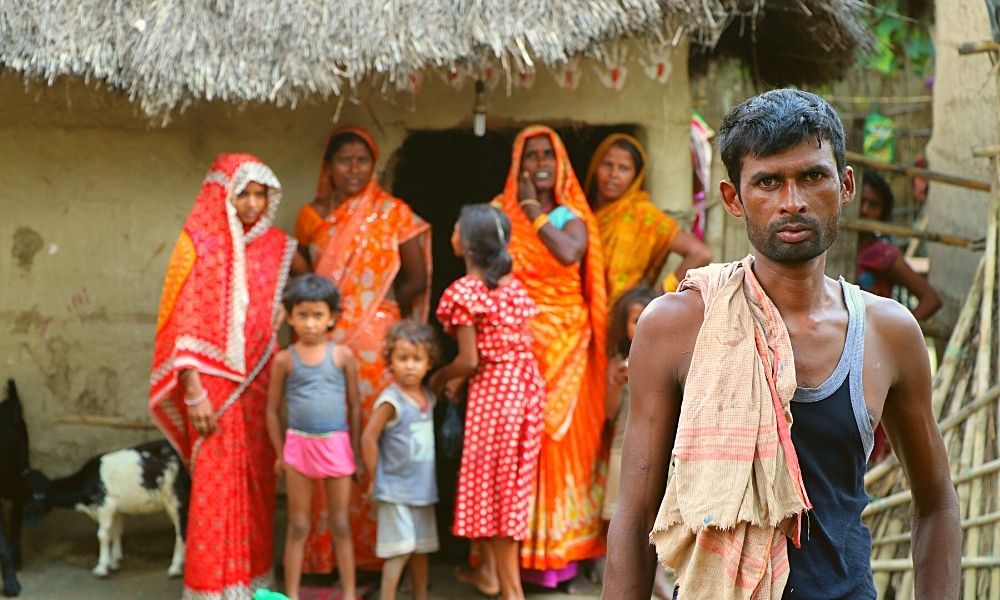
Image Credits: Unsplash/Joshua Watson
Climate Change Is Putting One-Third Of Global Food Production At Risk
Writer: Palak Agrawal
Palak a journalism graduate believes in simplifying the complicated and writing about the extraordinary lives of ordinary people. She calls herself a " hodophile" or in layman words- a person who loves to travel.
Others/World, 18 May 2021 12:41 PM GMT
Editor : Madhusree Goswami |
A mountain girl trying to make it big in the city. She loves to travel and explore and hence keen on doing on-ground stories. Giving the crux of the matter through her editing skills is her way to pay back the journalism its due credit.
Creatives : Palak Agrawal
Palak a journalism graduate believes in simplifying the complicated and writing about the extraordinary lives of ordinary people. She calls herself a " hodophile" or in layman words- a person who loves to travel.
Many of the world's crucial food-growing areas will witness extreme heat and disruption in the rainfall patterns if the temperatures rise at their current rate.
When it comes to climate change, the predictions are grim. We may be confronting a future where drowned cities, stagnant seas, severe heatwaves become a reality. But climate change is also affecting food production.
ANow, a new study has revealed that a third of the global food production stands at risk if the greenhouse gas emissions continue to rise at their current rate.
According to the study in the journal One Earth, climate change will cause a drastic decline in crop and livestock production by the end of the century if the rising temperatures are not tamed.
It said that many of the world's crucial food-growing areas will witness extreme heat and disruption in the rainfall patterns, if the temperatures rise by about 3.7°C. In countries like Bangladesh, coastal flooding is salting the earth, making it impossible to grow rice in their fields.
Shrinking Safe Climatic Spaces
About 95 percent of the crop production is currently taking place in areas that have been identified as 'safe climatic space' which means such regions have adequate degrees of heat, rainfall, and humidity. But these regions would shrink radically if the temperature rises beyond 3.7°C. However, if the countries strive hard to cut on their carbon footprint and limit the temperature rise to 1.5°C or 2°C, only 5-8 percent of global food production would be at risk.
Several factors such as population growth, land degradation, water scarcity, and extreme climatic conditions would also impact the food-producing capacity.
The study identified South and Southeast Asia and Africa's Sudano-Sahelian Zone, which has low resilience to cope with these changes, as the most vulnerable areas to be vulnerable to unchecked climate change. The lead author of the study, Matti Kummu, said that the facts should call for international attention since climate-safe spaces are at risk.
"To conclude, future solutions should be concentrated on actions that would both mitigate climate change and increase resilience in food systems and societies, increase food production sustainability that respects key planetary boundaries, adapt to climate change by, for example, crop migration, and foster local livelihoods in the most critical areas. All this calls for global partnerships and solidarity, as well as innovative cross-sectoral thinking, to find the needed solutions," the paper stated.
Also Read: Bengaluru: This Student Is Distributing Free Meal Packets To The Homeless In Lockdown
 All section
All section














